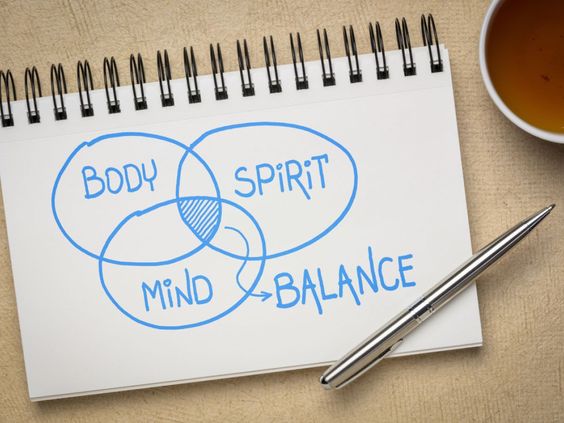Introduction
The mind-body connection is a philosophical concept that dates back centuries. It is the idea that our thoughts, feelings, beliefs, and attitudes can directly affect our physical health. While it was once a concept mostly explored by philosophers and spiritual teachers, today, the mind-body connection is a subject of serious scientific study.

Think about it: When you’re stressed, do you get a headache? Does your stomach churn when you’re anxious? These are just a couple of everyday examples of the mind-body connection in action. Our bodies and minds are inextricably linked in complex ways we are only beginning to understand.
Understanding the Science Behind the Mind-Body Connection
Scientists are exploring the many ways our thoughts, feelings, and beliefs can impact our physical health. For example, studies have shown that chronic stress can suppress the immune system, making individuals more susceptible to illness. Conversely, research shows positive emotions can boost the immune system and promote healing.
How the Mind-Body Connection Affects Our Health
The mind-body connection plays a role in a wide range of health issues, including:
- Chronic pain: Studies show that mindfulness-based stress reduction can be effective in managing chronic pain.
- Heart health: Stress, anxiety, and depression are all risk factors for heart disease.
- Gastrointestinal issues: Conditions like Irritable Bowel Syndrome are often linked to stress and anxiety.
- Immune function: As mentioned, prolonged stress can negatively impact the immune system.
Practical Ways to Cultivate a Healthy Mind-Body Connection
While we may not always have control over our external circumstances, there are many things we can do to nurture a positive mind-body connection:
- Mindfulness: Practicing mindfulness techniques, like meditation, can help you become more aware of your thoughts and feelings and better manage stress.
- Yoga: Yoga combines physical postures with deep breathing exercises and can help to reduce stress, improve flexibility, and promote relaxation.
- Spending time in nature: Studies show that spending time in nature can reduce stress, lower blood pressure, and boost mood.
- Prioritizing sleep: Getting enough sleep is crucial for both physical and mental health.
Understanding the powerful connection between our minds and bodies empowers us to take a proactive role in our health and well-being.





